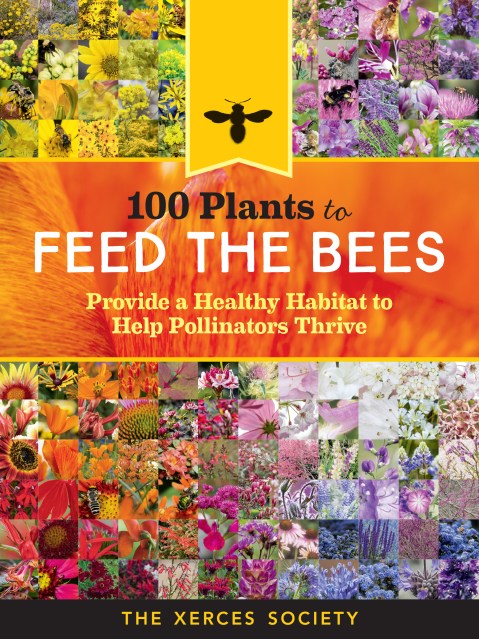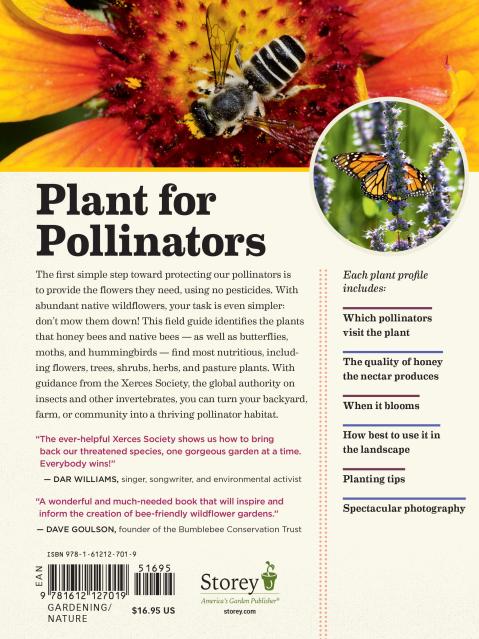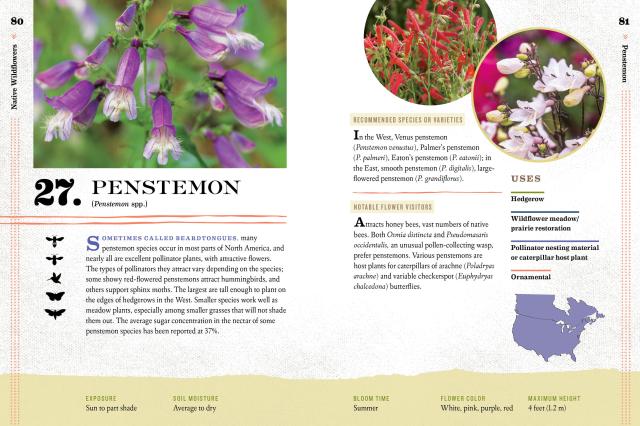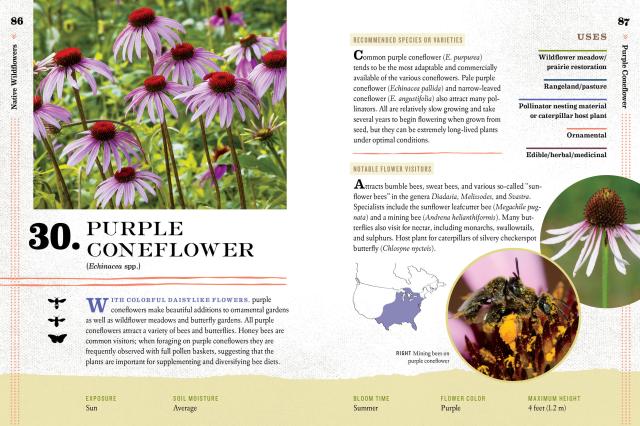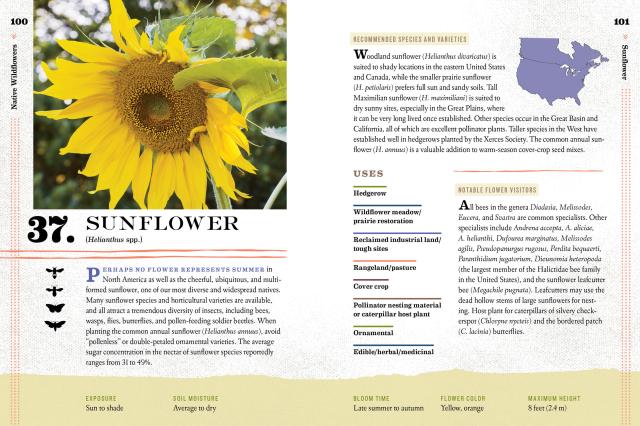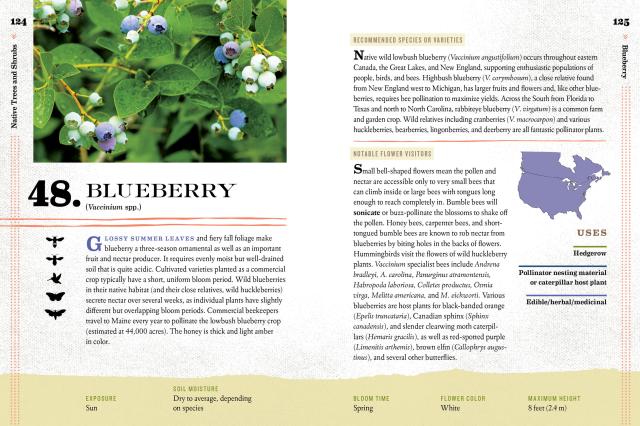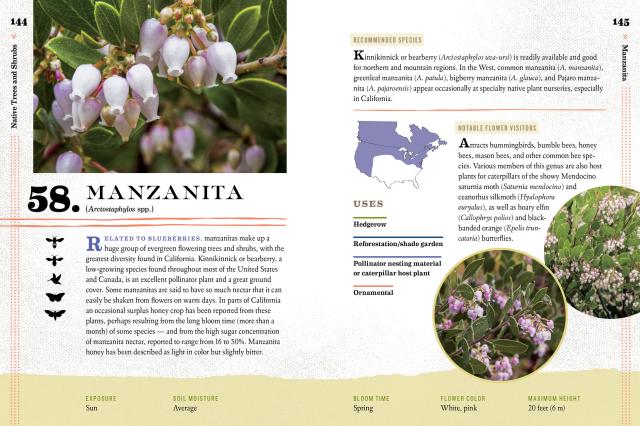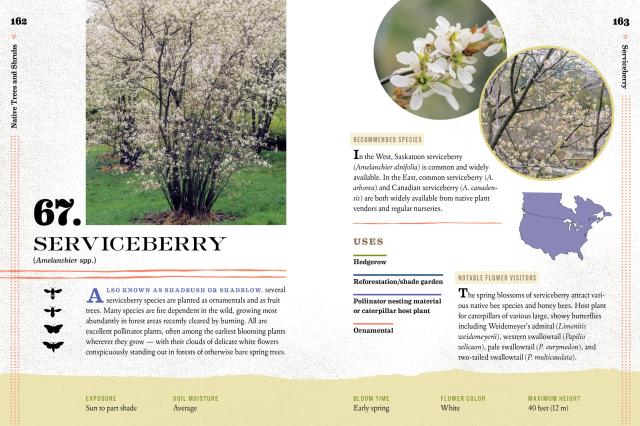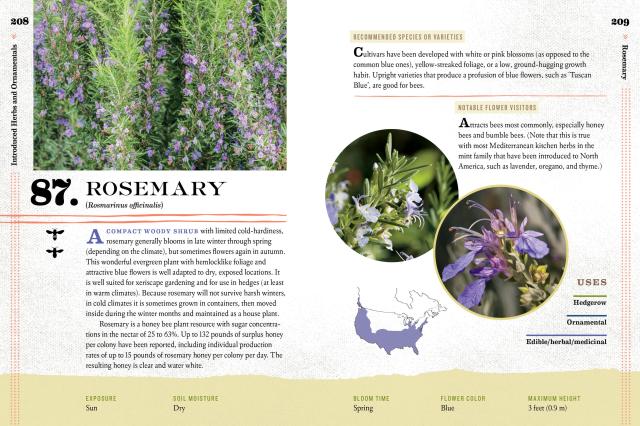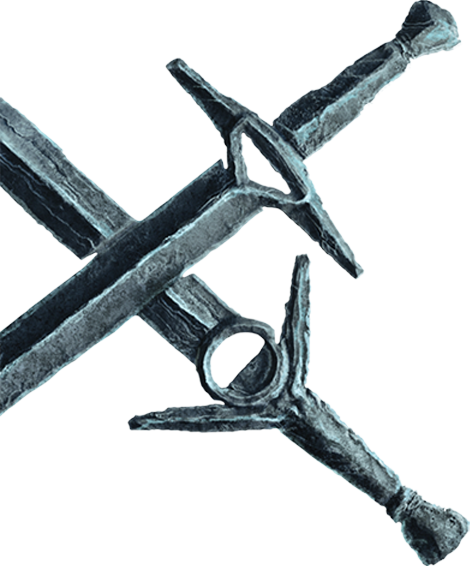
100 Plants to Feed the Bees
Provide a Healthy Habitat to Help Pollinators Thrive
Contributors
Formats and Prices
Price
$18.99Price
$24.99 CADFormat
Format:
- Trade Paperback $18.99 $24.99 CAD
- ebook $11.99 $15.99 CAD
- Hardcover $26.95 $33.95 CAD
Also available from:
The international bee crisis is threatening our global food supply, but this user-friendly field guide shows what you can do to help protect our pollinators. The Xerces Society for Invertebrate Conservation offers browsable profiles of 100 common flowers, herbs, shrubs, and trees that support bees, butterflies, moths, and hummingbirds. The recommendations are simple: pick the right plants for pollinators, protect them from pesticides, and provide abundant blooms throughout the growing season by mixing perennials with herbs and annuals! 100 Plants to Feed the Bees will empower homeowners, landscapers, apartment dwellers — anyone with a scrap of yard or a window box — to protect our pollinators.
-
2017 GWA Media Awards Silver Medal winner
“A wonderful and much-needed book that will inspire and inform the creation of bee-friendly wildflower gardens. Perhaps we can turn our gardens, neighborhoods, towns, and cities into vast, colorful havens for bees, butterflies, and other vital insects!”
— Dave Goulson, biologist, founder of the Bumblebee Conservation Trust, and author of A Sting in the Tale“If you’re ready to help save the bees, this is a great place to start. No matter where you live, this well-organized companion shows you the best plants to use.”
— Joe Lamp’l, creator, executive producer, and host of Growing a Greener World®“The ever-helpful Xerces Society shows us how to bring back our threatened species, one gorgeous garden at a time. Everybody wins!”
— Dar Williams, singer, songwriter, and environmental activist
- On Sale
- Nov 29, 2016
- Page Count
- 240 pages
- Publisher
- Storey
- ISBN-13
- 9781612127019
Newsletter Signup
By clicking ‘Sign Up,’ I acknowledge that I have read and agree to Hachette Book Group’s Privacy Policy and Terms of Use
